The views expressed in our content reflect individual perspectives and do not represent the official views of the Baha'i Faith.
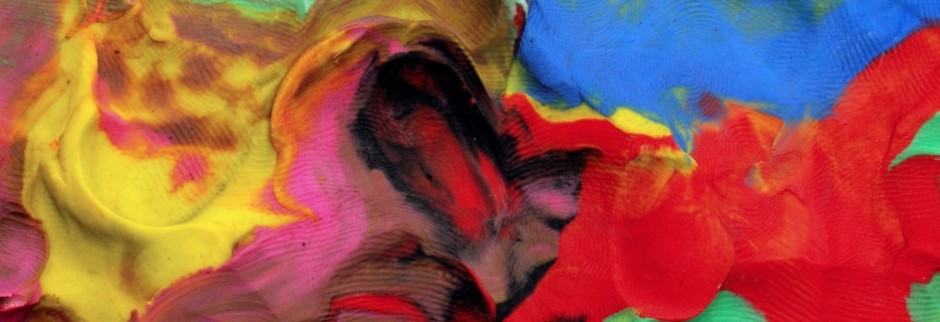
(excerpted from Abdu’l-Baha’s Journey West: The Course of Human Solidarity, Palgrave, 2013, used with permission)
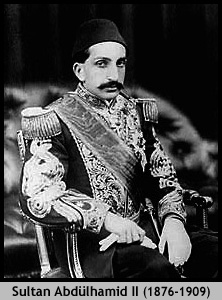
In 1908, the Young Turks of the Committee of Union and Progress revolted against the despotic Sultan Abdu’l-Hamid II and with that singular act ended the centuries-long reign of the Ottoman Empire, paving the way for a semi-secular government based in the city of Constantinople.
This sudden transformation of the social order also liberated political and religious prisoners throughout the Empire, and Abdu’l-Baha tasted freedom for the first time since childhood. He was 64 years old. Upon his release he chose to travel to the West, arriving in New York City on April 11, 1912, to start his eight-month tour of North America.
Abdu’l-Baha’s Western voyage was a journey that distinctly charted the course of human solidarity. This former prisoner engaged with tens of thousands of people to bring his message of peace to Europe and North America. His vision of peace and solidarity in the context of twentieth-century modernity shows the moral impact of his principled positions on the emergent civil rights movement in America.
Born in 1844 in Persia (Iran), Abdu’l-Baha is best known as the eldest son of Baha’u’llah (1817–1892), the founder of the Baha’i Faith. Abdu’l-Baha had, since childhood, been imprisoned with his father along with numerous political prisoners in the Ottoman Empire.
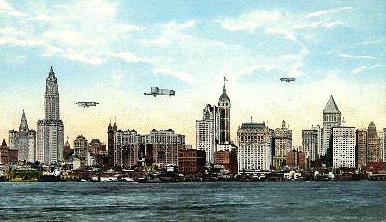
In letters written to world leaders, Baha’u’llah, in the course of his exile, articulated the spiritual and social principles of what would later become a new world religion. His independent claims and principal teachings, which summarily annulled the rule of the clerical class, posed a threat to most religious and political orders. The spread of his vision, and the significant growth of his following, thus led to the agitation of the Ottomans by his opponents and a life of banishment and exile for him and his family.
Advanced in age and weak from a lifetime spent in prison, Abdu’l-Baha was specific about his mission. The purpose of his journey was to convey the fundamental principles of his father’s teachings: principles of nonviolence, of social justice, and of equality. His expansive vision had a global orientation, and it was set on establishing peace, a mere three years before the outbreak of war in Europe. His talks and writings systematically addressed modernity and its actual links to violence. As such, he advocated a rearticulation of both modernity and tradition. This rearticulation would create the foundation for the emergence of nonviolent forms of rationality and modernity conducive to human freedom, to acts of solidarity and ultimately, to the establishment of peace.
At the time of Abdu’l-Baha’s journey West, the peace movement could be characterized in two ways. It was, first and foremost, an upper- and upper-middle-class phenomenon. Secondly, and as a consequence of the first, it was typically isolated from engagements with other forms of social reform in the twentieth century. Abdu’l-Baha challenged both of these characteristics.
Speaking to various religious congregations, civil rights groups, and peace societies, he brought his unique vision to all, emphasizing a positive conception of peace, which consistently and uncompromisingly included principles of justice and equality on every social level: between blacks and whites, between the rich and the poor, and between men and women. Abdu’l-Baha’s surprising insistence on social equality, which called for an end to all forms of prejudice, for a mix of public and private remedies that would address the extremes of wealth and poverty, and a nonviolent approach to conflict resolution, resonated profoundly with the African American community.
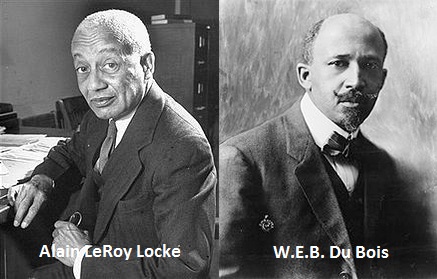
Between April 23 and April 30, 1912, Abdu’l-Baha spoke specifically to the question of race at the Fourth Annual National Association for the Advancement of Colored People (NAACP) Convention in Chicago, and at the A.M.E Church’s Bethel Literary Society and Howard University in Washington, D.C., all to great accolade. Unprecedented, W. E. B. Du Bois devoted almost the entire body of his “Men of the Month” column to Abdu’l-Baha after the Fourth Annual NAACP conference, and later introduced his friend Alain LeRoy Locke to Abdu’l-Baha’s mission. In turn, Locke explicitly incorporated many of Abdu’l-Baha’s teachings into his work as an activist, educator, philosopher, and the “Father of the Harlem Renaissance.”
Abdu’l-Baha suffered no illusions when it came to the gravity and the perils of this crisis. Racial prejudice was poised to unravel the social fabric of American democracy. This urgently called for a fundamental intervention.
“Until these prejudices are entirely removed from the people of the world,”
Abdu’l-Baha wrote,
“the realm of humanity will not find rest. Nay, rather, discord and bloodshed will be increased day by day, and the foundation of the prosperity of the world of man will be destroyed.”
In the brittle context of race relations in the Jim Crow era in America, such statements by Abdu’l-Baha were not only radical, they were prophetic.















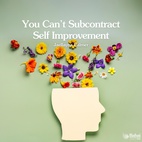

Comments
Sign in or create an account
Continue with Facebookor